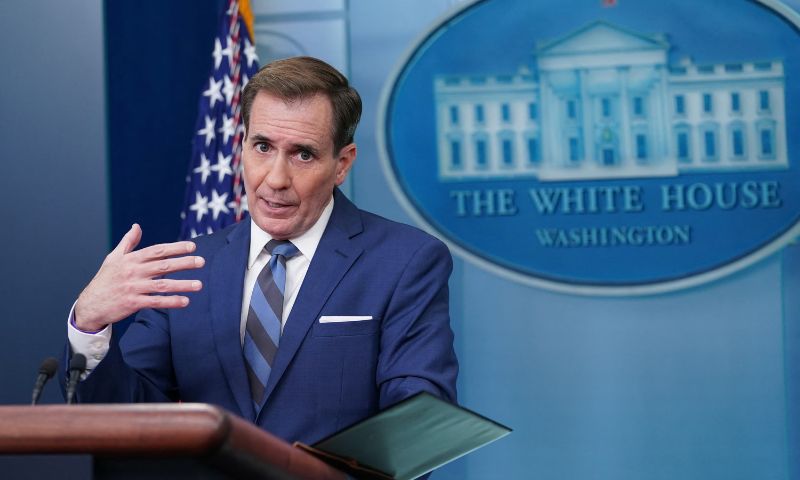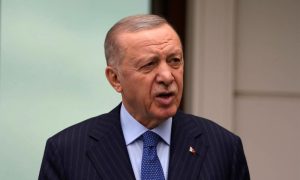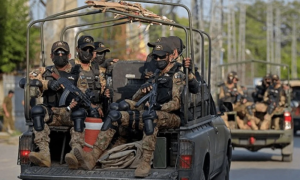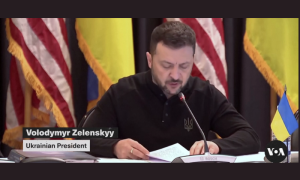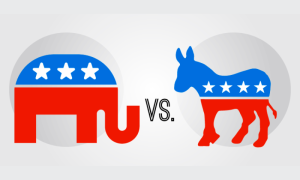WASHINGTON, USA: The United States remains “cautiously optimistic” about ongoing ceasefire negotiations concerning Gaza, according to White House national security spokesperson John Kirby. Speaking to a channel on Wednesday, Kirby noted that while there are still significant differences between the two sides, there is hope that these gaps can be bridged.
“We are cautiously optimistic that things are moving in a good direction,” Kirby stated, addressing the progress of the talks. “There are still gaps between the two sides. We believe those gaps can be narrowed, and that’s what Brett McGurk and CIA Director Bill Burns are trying to do,” he added.
In late May, President Joe Biden proposed a three-phase plan aimed at achieving a ceasefire. The proposal includes the release of hostages in Gaza and Palestinian prisoners held by Israel, the withdrawal of Israeli forces from Gaza, and the subsequent rebuilding of the enclave.
CIA Director Bill Burns and U.S. Middle East envoy Brett McGurk are currently in the region, engaging with local counterparts to facilitate the ceasefire deal. Notably, Hamas has accepted a crucial part of the U.S. plan, retracting its demand for Israel to commit to a permanent ceasefire before signing the agreement.
Israeli Prime Minister Benjamin Netanyahu has expressed his commitment to a ceasefire, provided Israel’s conditions are met. Netanyahu maintains that any agreement should not hinder Israel’s ability to resume fighting until its war objectives, which include the annihilation of Hamas, are achieved.
The latest conflict began on October 7, when Hamas fighters attacked southern Israel, resulting in the deaths of 1,200 people and the capture of approximately 250 hostages. In response, Israel’s assault on Gaza has led to over 38,000 Palestinian deaths mostly women and children, according to Gaza’s health ministry, displacing nearly all of the enclave’s 2.3 million residents and sparking severe humanitarian crises.









